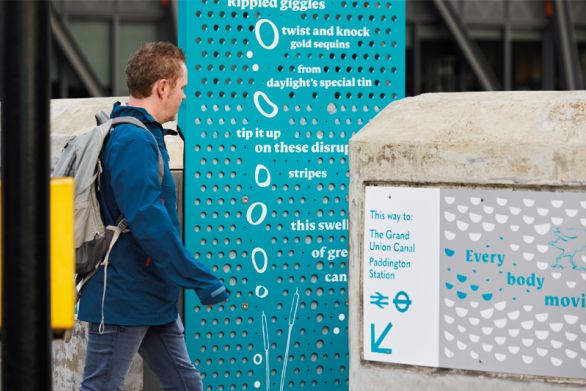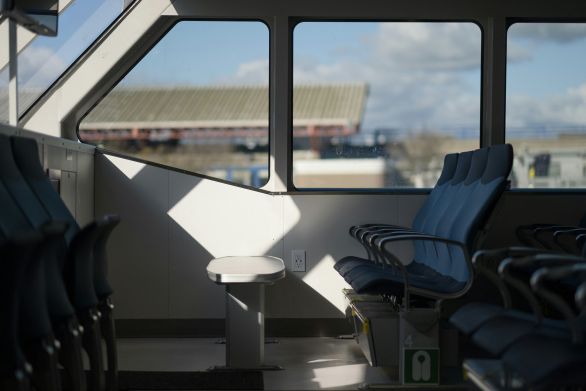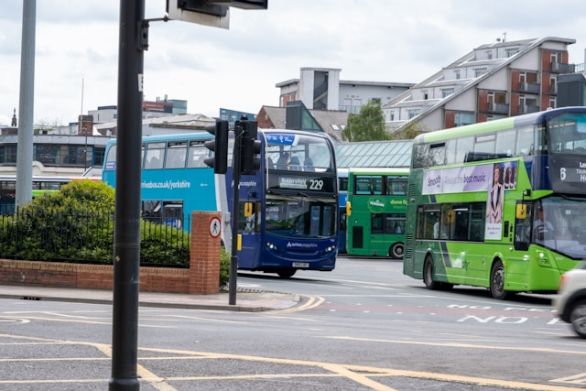Network Rail commissioned research into the economic value of investments in railway stations in conjunction with international transport consultants Steer Davies Gleave. The report published today seeks:
- To investigate the commercial potential of station development;
- To quantify, as far as possible, the impact of station investment on the economy; and,
- To identify the implications for future station investment.
Based on interviews with over 60 stakeholders, and economic modelling and case study investigations, the key findings of the research were:
- Stations can have a major impact on the towns and cities that they serve, often acting as regional gateways, helping to stimulate economic growth and attract businesses.
- The productivity benefit associated with increased development around stations enabled by station investment can exceed those benefits estimated by traditional transport appraisal techniques by 5 to 7 times.
- Investment in Sheffield Station and the surrounding area contributed to a 67% increase in the rateable value of property within 400 metres of the stations between 2003 and 2008 – three times the average increase for Sheffield over the same time period.
- Investment in Manchester Piccadilly Station has similarly helped to create 650,000 square feet of new and refurbished office space and to increase property values by some 33%.
- Obtaining maximum value from station investment often requires supporting investment in the area surrounding a station, especially where there is a legacy of under-investment in adjacent land and property.
- At the same time, station investment can act as a catalyst to broader development providing there is an appropriate balance between railways' operational, commercial and regeneration objectives.
- Almost all stakeholders interviewed identified the significant contribution that railway stations can make in attracting inward investment to a city or region.
Quotes:
David Biggs, Network Rail’s Director of Property, said: “The rail network makes an unrivalled contribution to sustainable growth in the UK economy, providing millions of people with access to jobs, goods and services. This report confirms that investment in stations also invests in the local economy, by acting as a catalyst for growth and further development in addition to delivering improvements for passengers.”
Simon Ellis, Head of Economics for Steer Davies Gleave, said: “We were very pleased to have been selected by Network Rail to undertake this research on their behalf. The conclusions clearly indicate that appropriate investment in stations can make a real impact on the local economy and that traditional transport appraisal techniques significantly underestimate that effect.”
Mike Goggin, Director with Steer Davies Gleave, noted: “the research clearly demonstrates the role of stations as gateways to the communities they serve, as symbols of regeneration and as places on which to focus economic activity and regeneration effort” and “it is important that funders and stakeholders realise the opportunities that appropriate investment in stations can create for the benefit of their local economies and communities.”
Note for editors:
- The report can be found here.
- Network Rail commissioned Steer Davies Gleave to carry out this research early in 2011. The research included over 60 interviews with a variety of organisations from the public and private sector.
- For further information on the research and its findings please contact:
Mike Goggin, Simon Ellis or Nadine Kayser on 020 7910 5000 or email pressoffice@sdgworld.net
- Steer Davies Gleave is an employee-owned international transport consultancy working across the world with offices on four continents.
- Mike Goggin joined Steer Davies Gleave earlier this month as its Director, International Advisory.











